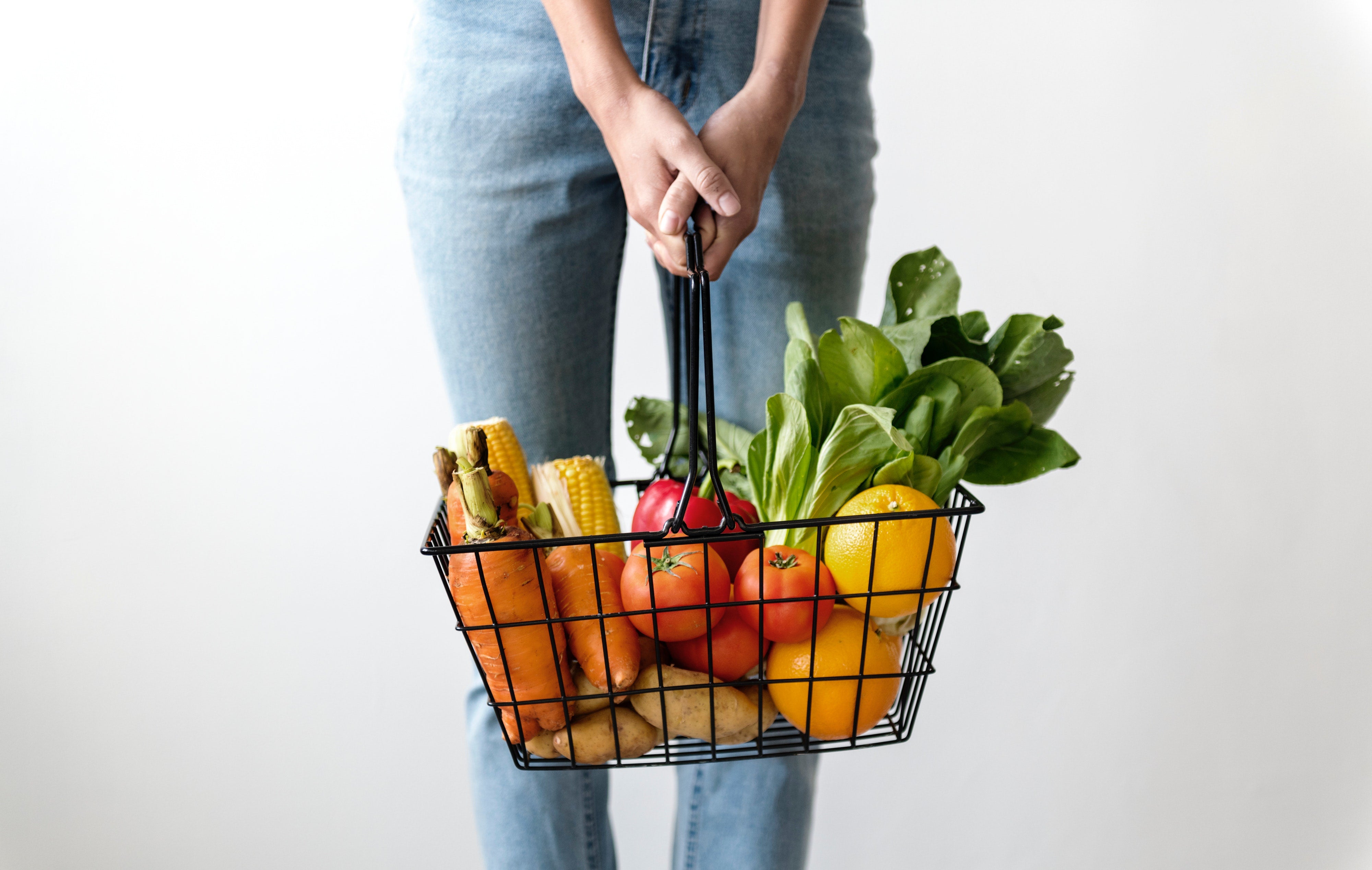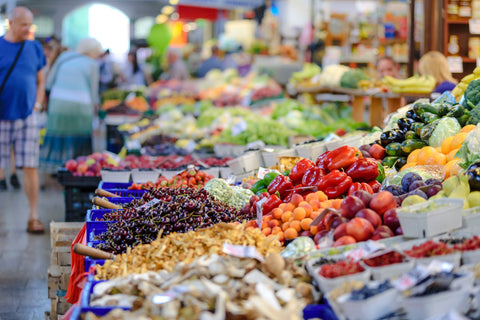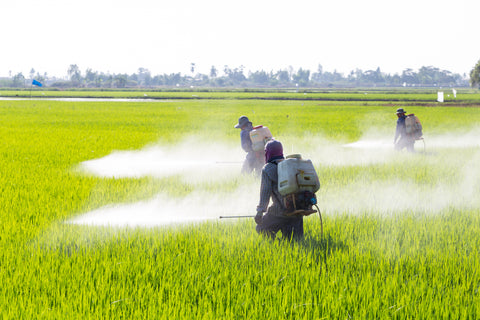4 Helpful Tips To Successfully Grow An Organic Vegetable Garden
While it may seem hard to grow an organic vegetable gardening, it really isn’t that difficult. However, there are some things you should keep in mind before you attempt to grow a garden in your own backyard or wherever.
4 Key Tips To Grow An Organic Vegetable Garden
1. Dealing With The Climate
You need to determine which vegetables you want to grow. Is there a particular vegetable you eat all the time that can grow in your area? Bear in mind that your area’s climate will have an effect on which vegetables will grow better than others, with some vegetables not able to grow in your area at all.
You’ll also need to choose vegetables that can adapt to the area’s soil, sun exposure and temperature. If you live in an area that doesn’t get a lot of rain, be sure to plant vegetables that are resistant to droughts. You want vegetables that will grow even when it doesn’t rain hard or at all for a long period of time.
of time.
2. Looking At Space Allowance
You also need to look at the space you want to grow your vegetables. Make it easy on yourself by plotting on paper how you’d like to see your vegetables growing (a layout of the garden).
3. Choosing Your Mulch
When it comes to mulch, you need to consider using organic material such as dead grass or leaves, food waste or manure. Organic material cuts down on how much water you need and adds nutrients to the vegetables. It also hinders weeds from growing in your garden.
The great thing about this is that you don’t need to dig very deep, as most vegetable roots can be found in the first six inches of soil.
Besides using compost, you could also use organic materials or natural fertilizers to ensure the vegetables grow. These options help native earthworms to “move in” and help condition and till the soil.
4. Dealing With Pests
You may have to contend with pests in your garden. And, since you’re going organic, you need to consider using frogs, birds or other insects to eliminate them. If the crops become infected, you can use diluted soapy water then rinse them with clean water to get rid of the infection.
If you opt to purchase grown vegetables over seedlings, most will come in plastic containers. Carefully remove them not to tear the outside roots.
When you plant your vegetables, you can plant an array of them, which lures insects to the garden and protect it. Yes, insects can protect your garden – just two percent of insects are dangerous to your vegetables. For example, ladybugs, fireflies, praying mantis, spiders, wasps and green lacewings will eat vegetable-eating insects. They also help to decompose the organic matter and pollinate the plants.
Want More Organic Gardening Tips? Grab Our New E-Book Originally Organic & Discover Everything There Is To Know About Living Simply Organic Today. SPECIAL DISCOUNT: Use Discount Code 33OFF To Get 33% Off The E-Book...










